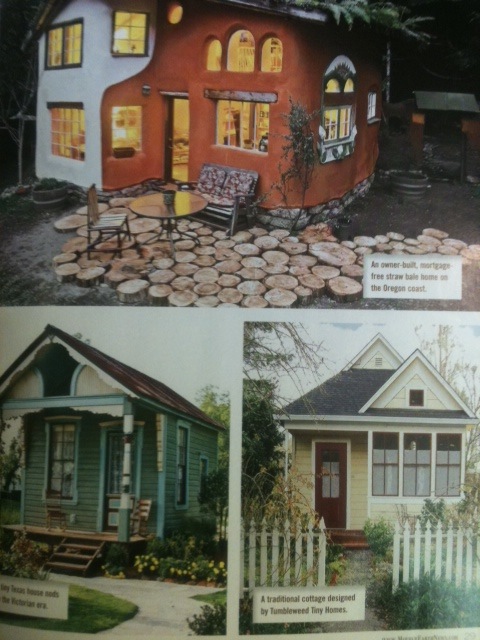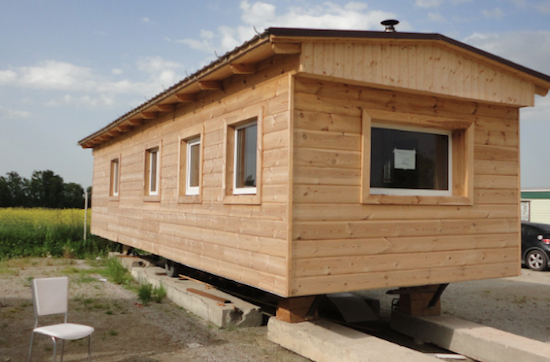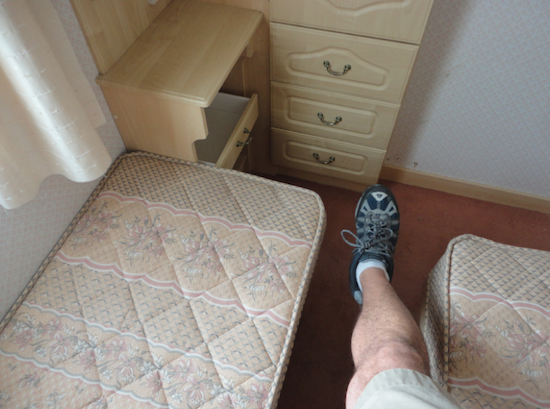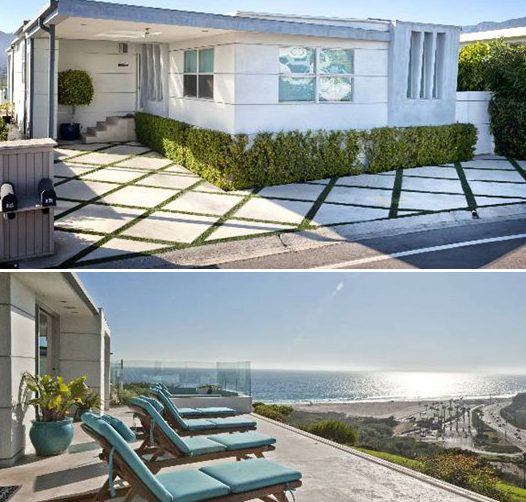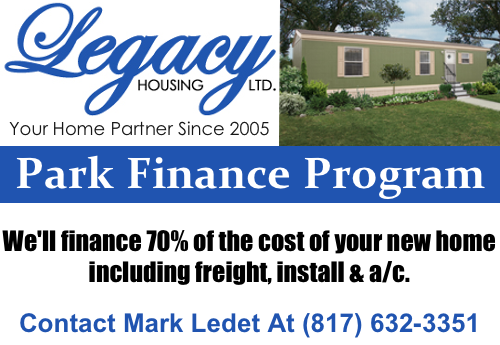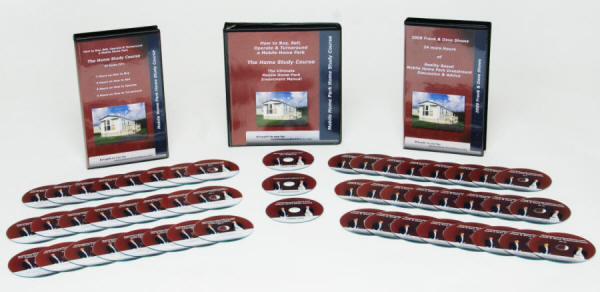While winning mobile home park deals share the same characteristics of proper due diligence, infrastructure and location, there is no question that what often separates good from great deals is the additional quality of the macro performance of the city or town the park is located in. Just as it would be hard to have bad deal that you bought in Los Angeles in the 1960’s, it would be hard to have a great deal in Detroit that you bought in the 1980’s. So what makes for a great city or town to own a park in?
Diversity of Employment
The origins of cities and towns were as trading centers. In the absence of commerce, we would all still be farmers. So the depth and strength of employment is the fabric that holds the city and town together. As a result, it is imperative that this fabric be strong and not fragile. In a “one horse town” on employment, you have only one major employer, and the future of the city or town is completely dependent on the performance of that company. A better approach is the city or town that has a diverse number of employers and industries, such that any single employer can be eliminated and the overall impact is slight. This is no different than the concept of having a portfolio of stocks instead of putting “all of your eggs in one basket”.
Recession-Proof Employers
Not all employers are created equal when it comes to the ups and downs of economic cycles. The current recession – the greatest since the Great Depression – has done a good job already of killing off the weak and marginal business models. But there are still operating businesses that stand better odds of survival than others. The most recession-proof employers are funded not by sales to the consumer but taxation. They include schools, colleges, hospitals, Federal, state and county government offices – anything that is not subject to the whims of consumers but the existence of the government.
Population Size of the Metro Area
When it comes to population, bigger is always better. The better question is “when is a city or town too small to support a successful mobile home park?” The first issue is one of definition. The size of the city or town is immaterial – what matters is the size of the “metro” area (which is often defined as a 45 mile radius). For example, our mobile home park is Elsmere, Kentucky is a total home run due to the fact that Cincinnati is within its metro area. My park in Howe, Texas (population 5,000) was sold at a huge profit because it was within the Dallas metro area (population 5,000,000). As far as the metropolitan area’s minimum size, we would suggest around 10,000 to 20,000 as being roughly the minimum size to allow for diverse employment, government employment, and the critical mass of humans moving in and out to create a demand for housing. Under that population level, you have to be very, very careful.
Good Schools Including College Towns
There’s no denying that one attribute of successful cities and towns is good schools. Good schools are a clear indication of many positive factors: greater affluence, lower crime, stronger city government, among others. We have found a direct correlation between good schools and park performance over the years. Areas that have poor quality schools tend to decline over time, as people move away.
High Single-Family Home and Apartment Prices
Nothing spells success with a mobile home park more than higher single-family home prices and high apartment rents. Why? Because how high you can raise the lot rent over time is in direct proportion to how costly the alternative forms of housing are. In addition, the same features that create these high prices mean that the market is attractive and favorable for investment. How can you have any niche of affordable housing in cases where the whole town is cheap on all fronts? We want to have our lot rent at ½ of apartment rents and our mobile homes a fraction of the cost of single-family. We avoid markets that do not offer this dynamic.
No Negative Weather Trends
Whether or not you believe in global warming, you have to admit that American weather becomes more extreme each year. There are some parts of America that seem to have additional risk from the trends of weather. The drought in Texas, the floods of Colorado, the fires of California, the hurricanes of the northeast – these are all shaping the future of the afflicted markets in a negative manner. While none of us can accurately predict the weather, we can all spot megatrends that have a scary effect on certain regions.
Dynamic, Positive Chamber of Commerce Leadership
There can be no doubt that proactive, strong leadership can have a significant impact on the growth and stability of a market. You can spot such professional vision when you call the Chamber for the market you are considering. If they sound enthusiastic and give you tons of supportive information and a list of potential new hires, then that’s a great sign. If the area has no Chamber, or one person who tells you how bad things are and can’t come up with a single new initiative or development to discuss, then that’s a terrible sign of where things are heading. America is filled with areas that grew from the desire of the town to be first-rate and progressive (think Las Vegas as an example).
Positive Past Performance in Growth
Nothing gives you confidence more than an area that has a track record of strength and growth. North Texas, for example, has shown positive statistics for over 40 years. That gives you confidence that the future will be as bright. Similarly, Detroit has shown terrible stats for the past 30 years, and that’s probably an accurate indication that things are not looking up going forward. When all else fails in your analysis, you are always safer going with the old pro who knows how to win.
Acknowledging That We Don’t Really 100% Know - And Building That Into Your Numbers
Even the best due diligence can be off from time to time, due to changes in facts that were not present at the time the park was purchased. To guard against this, you must always buy mobile home parks with attractive numbers that can offset any sudden calamity. For example, if the main employer in town goes under, hopefully you bought the park at a high enough return level that you can whether the storm and still be fine. Nothing protects you more from uncertainty than buying cheap and with a lot of cushion. High cash flow is the shock absorber that can survive almost any drop.
Conclusion
We are all subject to having our mobile home park deal affected by the city or town’s future. A part of good due diligence is getting a handle on whether the city or town is worthy of investment. You are buying into the rise or fall of your macro geographic location, and no successful park can be linked to a declining market. Great deals are a product of great markets.

